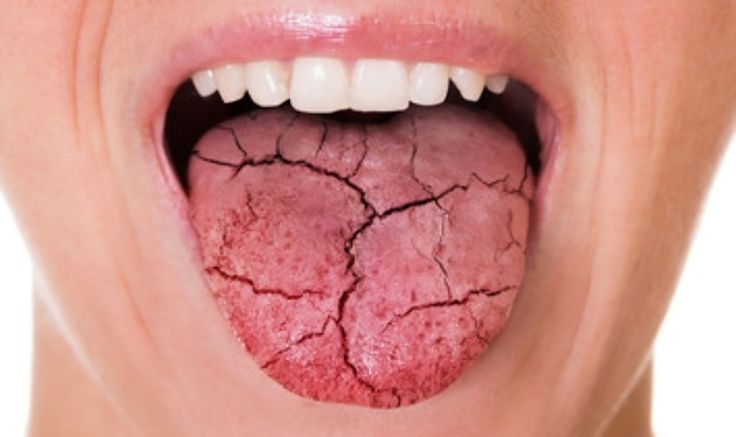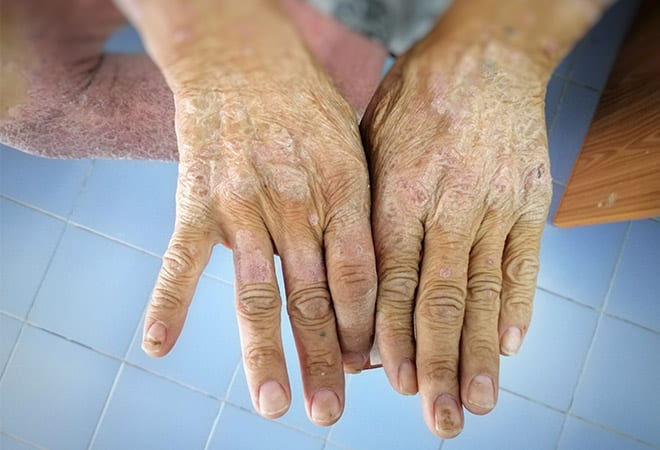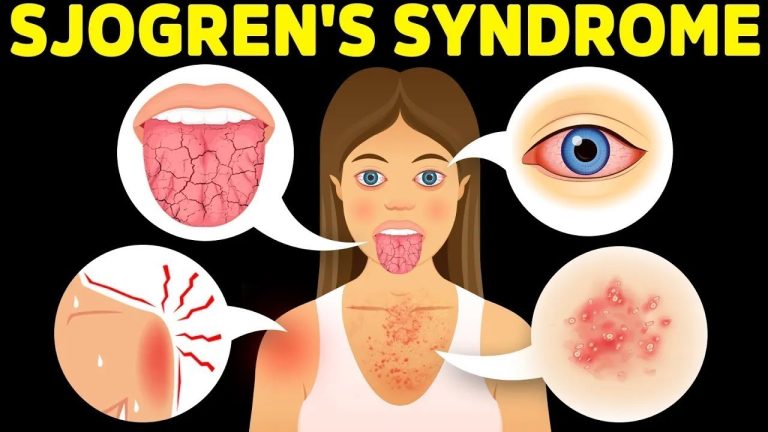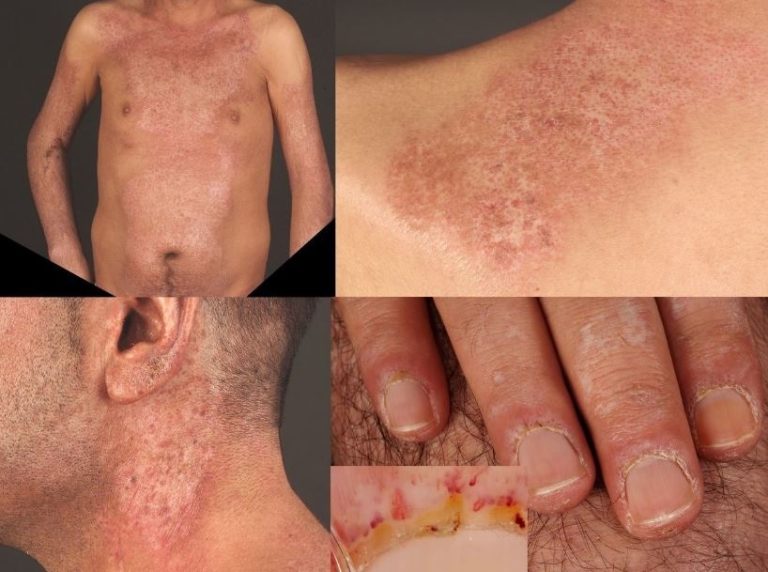Xerostomia (Dry Mouth): Causes, Symptoms, and Relief
Xerostomia, commonly known as dry mouth, is a condition that occurs when the salivary glands in your mouth don’t produce enough saliva. While it may seem like a minor inconvenience, chronic xerostomia can significantly affect your oral health, speech, taste, and digestion, and may even be a sign of an underlying health issue.
What Is Xerostomia?
Xerostomia is not a disease in itself but a symptom of other medical conditions or the side effects of certain medications. Saliva plays a crucial role in maintaining oral health—washing away food particles, neutralizing acids, and preventing infection. When saliva production decreases, the mouth becomes dry and more vulnerable to complications.
Common Symptoms of Xerostomia
People with xerostomia often report:
- A dry, sticky feeling in the mouth
- Frequent thirst
- Cracked lips or corners of the mouth
- A burning or tingling sensation on the tongue
- Bad breath
- Difficulty chewing, speaking, or swallowing
- Dry or sore throat
- Altered sense of taste
What Causes Xerostomia?
Several factors may lead to dry mouth, including:
💊 Medications
Many prescription and over-the-counter drugs list dry mouth as a side effect. Common culprits include:
- Antihistamines
- Antidepressants
- Blood pressure medications
- Muscle relaxants
🧬 Health Conditions
- Sjögren’s syndrome – an autoimmune disorder that affects moisture-producing glands
- Diabetes – high blood sugar can affect salivary gland function
- HIV/AIDS – associated with dry mouth and oral complications
- Parkinson’s disease and stroke – due to nervous system damage
🧪 Cancer Treatments
Radiation therapy to the head and neck or chemotherapy can damage salivary glands.
🌡️ Dehydration or Lifestyle Factors
- Not drinking enough fluids
- Smoking or chewing tobacco
- Mouth breathing, especially while sleeping
How Is Xerostomia Diagnosed?
Your doctor or dentist may:
- Review your medical history and medications
- Examine your mouth and saliva production
- Conduct imaging or salivary gland tests
- Refer you to a specialist if needed
Treatment and Relief Options
While treatment depends on the cause, the following strategies often help:
✅ Home Remedies
- Sip water regularly
- Use sugar-free gum or lozenges to stimulate saliva
- Avoid caffeine, alcohol, and tobacco
- Use a humidifier, especially at night
🧴 Medical Treatments
- Saliva substitutes or oral moisturizers
- Prescription medications like pilocarpine (Salagen) or cevimeline (Evoxac)
- Dental care to manage decay and infections due to dry mouth
Early management can help reduce complications like tooth decay, gum disease, and mouth infections.
Living with Xerostomia
Chronic xerostomia can be uncomfortable, but with proper care and treatment, you can manage symptoms effectively and prevent more serious dental issues. If you’re experiencing persistent dry mouth, consult your healthcare provider or dentist for a tailored care plan.








